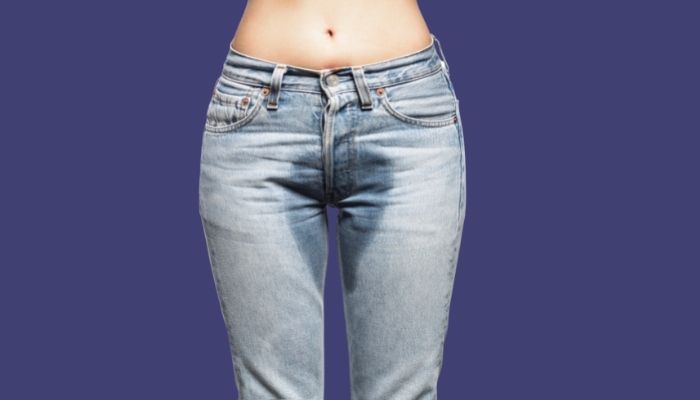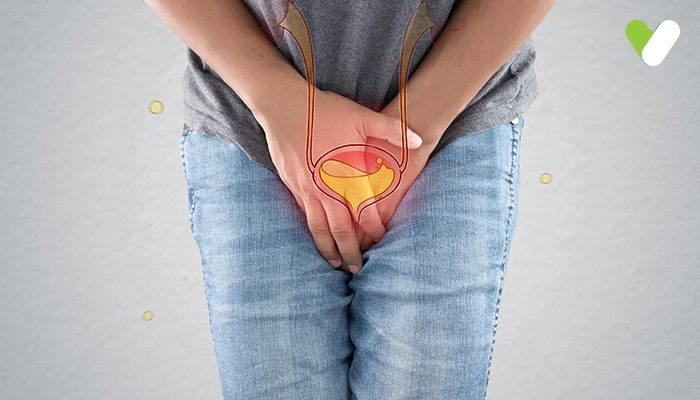Mr. Ranjan is a 45-year-old man, who is quite popular among his colleagues and friends. He loves to party with near and dear ones. No party felt complete without his presence. However, for the past few weeks, he is hesitating from attending any parties or get-togethers. All this is because of urinary incontinence. Over the past few weeks, he is unable to control his urination and this often makes him embarrassed and uncomfortable.
Several other people suffer from involuntary leakage of urine all of a sudden. They pee at times when they don’t want to because they lose control over their urinary sphincter. This condition is what we call urinary incontinence. More than men, women tend to suffer from this health disorder.

Let us acquaint you with the different types of incontinence and what is the most effective urinary incontinence treatment.
What is Urinary Incontinence?
Urinary incontinence is a common problem, where a person loses control of his/her urinary action. It is a condition where a person can’t control his/her urine from leaking out. The condition is more common in females aged between 30 to 60 years as compared to men.Causes of Urinary Incontinence
Urinary incontinence may take place due to several reasons. Stress, pregnancy, UTI or Urinary Tract Infection, alcohol consumption, and bladder disorder, are some of the main causes of this incontinence. Moreover, in order to understand more about the causes, you must first look at the types of incontinence because both are closely associated with each other.Types of Incontinence
1. Stress Incontinence
The most common type of urinary incontinence is due to stress. Urine tends to leak out if you laugh aloud, cough persistently, or indulge in some rigorous activity like jumping or running.2. Overflow Incontinence
Second common type of incontinence is when you are unable to empty your bladder completely, which results in urine leakage.3. Urge Incontinence
As the name suggests, this type of incontinence occurs when you feel an intense urge to urinate and your urine leaks all of a sudden.4. Functional Incontinence
This type of incontinence takes place due to a lack of mobility when a person is unable to reach the washroom and pees on the way.5. Total Incontinence
In this type of urinary incontinence, your urinary bladder is not able to store urine and leaks.6. Mixed Incontinence
This is a combination of all other types of urinary incontinence.Risk Factors Associated with Urinary Incontinence
Now that you have understood the common causes and types of incontinence, it is time also to understand who is at more risk of this urinary disorder. Following people are considered at higher risk of suffering from urinary incontinence:- People who are obese
- Old people with weak urethra and bladder muscles
- People suffering from diabetes, anxiety, neurologic diseases, and kidney diseases
- People suffering from prostate disease
- Smokers
- Females


